Indigenous Governance Database
Lance Morgan
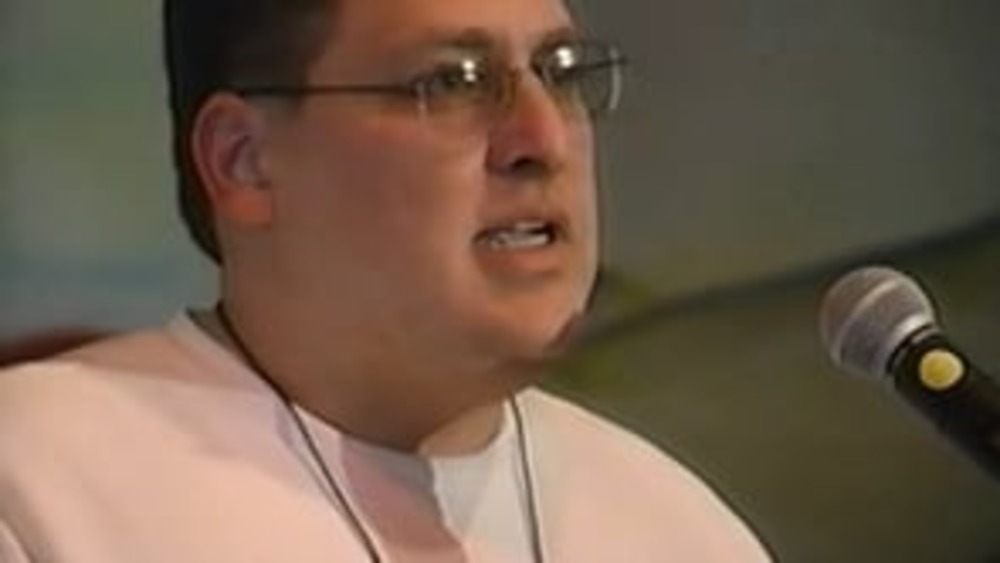
Honoring Nation: Lance Morgan: Ho-Chunk, Inc. Economic Development Corporation
Ho-Chunk, Inc. CEO Lance Morgan share the lessons he and the Winnebago Tribe of Nebraska have learned about the keys to creating an economic development environment capable of fostering successful nation-owned enterprises. He stresses the need for some Native nations to engage in constitutional…
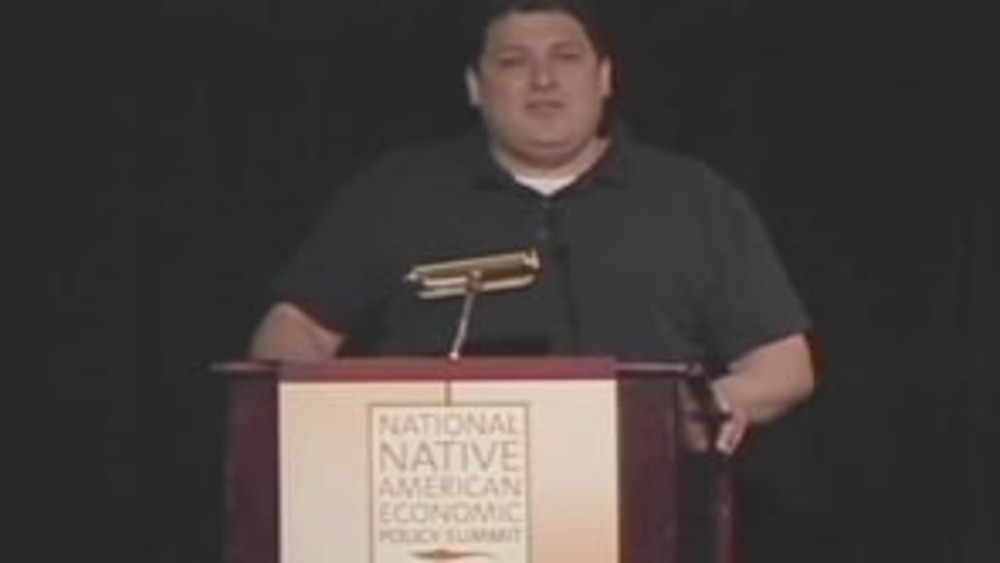
National Native American Economic Policy Summit: Lance Morgan: Policy
The National Native American Economic Policy Summit was held in Phoenix, Arizona, May 15-17, 2007, with more than 500 key stakeholders gathering to discuss the challenges to growing healthy, vibrant Native economies. In addition to identifying challenges, participants were asked to recommend…
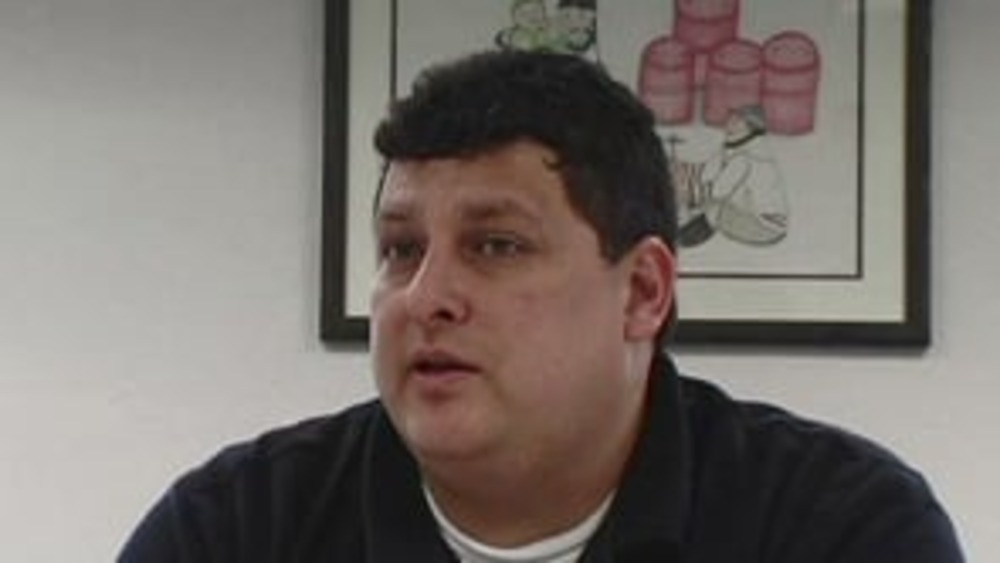
From the Rebuilding Native Nations Course Series: "The Politics-Enterprise Balance"
Native leaders and scholars share their thoughts about how Native nations can effectively manage the relationship between their governments and the businesses they own and operate.
NNI Forum: Tribal Sovereign Immunity
Tribal sovereign immunity has far-reaching implications, impacting a wide range of critical governance issues from the protection and exertion of legal jurisdiction to the creation of a business environment that can stimulate and sustain economic development. Native Nations Institute (NNI) Radio…
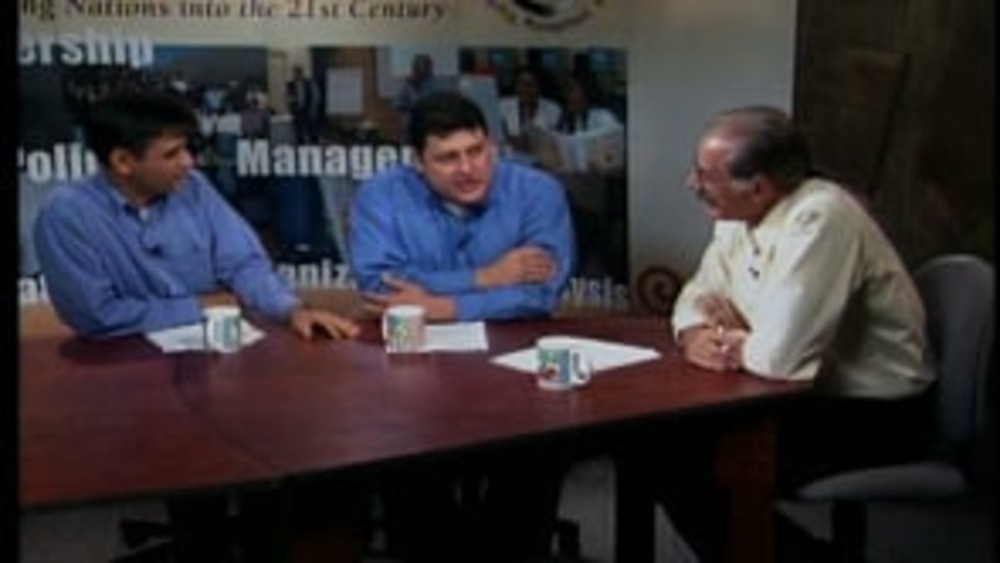
Native Nation Building TV: "Building and Sustaining Tribal Enterprises"
Guests Lance Morgan and Kenneth Grant explore corporate governance among Native nations, in particular the added challenge they face in turning a profit as well as governing effectively. It focuses on how tribes establish a regulatory and oversight environment that allows nation-owned enterprises…

How Tribal Leaders Are Creating Jobs
The New Markets Tax Credit (NMTC) has provided a vital spark to infrastructure and economic development projects across Indian country. Momentum has been building over the past several years but because of recent federal agency actions, and now tax-related Congressional bickering, it is in danger…
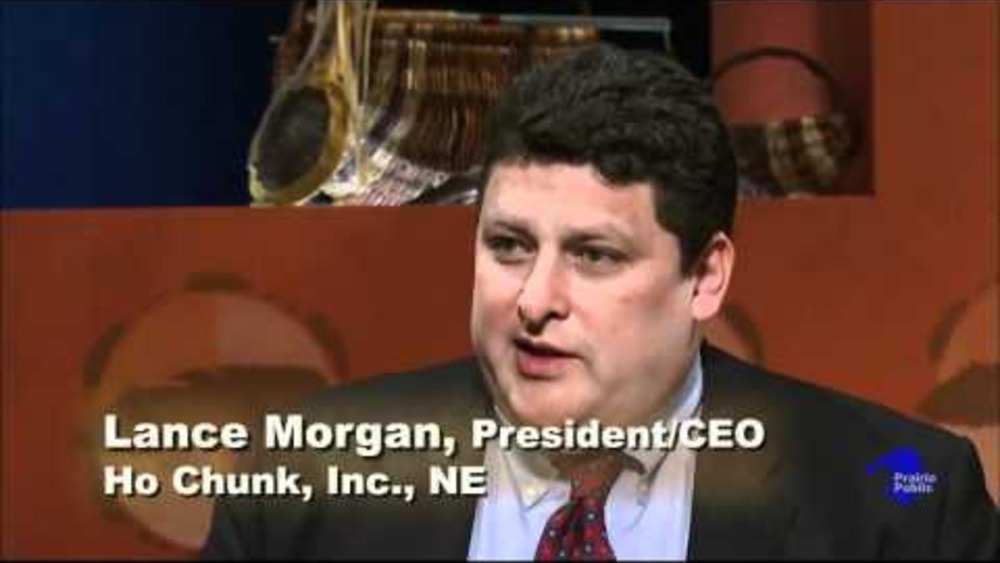
Indian Pride: Episode 108: Economic Development
This episode of the "Indian Pride" television series, aired in 2007, explores the economic development efforts of selected Native nations cross Indian Country. It also features an interview with Lance Morgan, CEO of the Winnebago Trib'es Ho-Chunk, Inc., who provides an overview of the evolution of…
